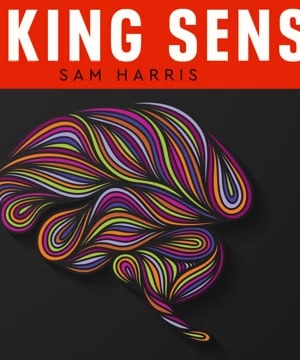Non-religious understanding
Sources:
Here are some expert perspectives on non-religious understanding and its implications:
-
Non-Dualism and Happiness: explains that non-dualism, also known as the perennial philosophy, underlies many religious, spiritual, and philosophical traditions. It posits that the core nature of our being is happiness itself and that we share this being with everyone and everything. This understanding transcends cultural contexts, presenting a universal view of joy and interconnectedness 1.
-
Morality Beyond Religion: challenges the idea that morality is exclusive to religious people. He highlights that ethical discussions are increasingly taking place across both religious and non-religious groups, emphasizing respect and mutual learning. He draws from secular humanism and pragmatism to illustrate that moral and ethical frameworks can exist independently of religious beliefs 2.
-
Broadening Atheism: discusses the need to expand the understanding of atheism. While some atheists may reject religious impulses, others recognize the value and insights that religious traditions can offer. He argues for a broader conception of atheism that acknowledges human needs for purpose and community, even outside religious contexts 3.
-
Spirituality and Psychedelics: critiques organized religion for its divisiveness but acknowledges the core spiritual experiences that religions address. He advocates for a modern, inclusive approach to these experiences, which can be explored through methods like psychedelics, without the baggage of historical religious claims 4.
-
Non-Dual Mindfulness: distinguishes between traditional and effortless mindfulness, emphasizing nondual awareness. This perspective integrates thoughts, feelings, and sensations as co-arising phenomena, rather than viewing them as separate entities. This non-dual understanding aligns with certain spiritual practices but is accessible without adherence to a specific religion 5.
These expert insights illustrate that non-religious frameworks can provide rich and meaningful understandings of morality, happiness, and spirituality.
RELATED QUESTIONS-

